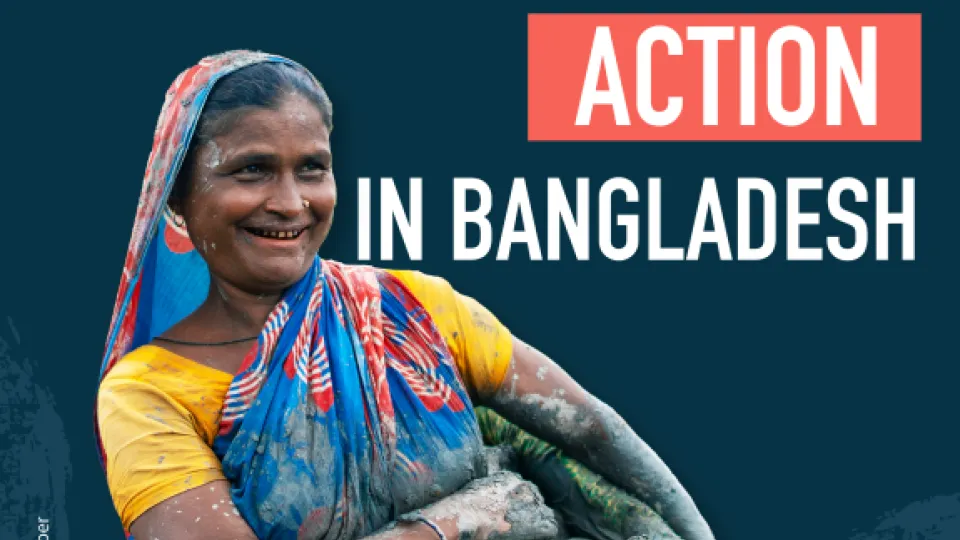
Locally Driven Humanitarian Action in Bangladesh
Read Locally Driven Humanitarian Action in Bangladesh — an overview of Start Network Bangladesh’s mission, programmes, system-changing footprint, and impact.

Read Locally Driven Humanitarian Action in Bangladesh — an overview of Start Network Bangladesh’s mission, programmes, system-changing footprint, and impact.
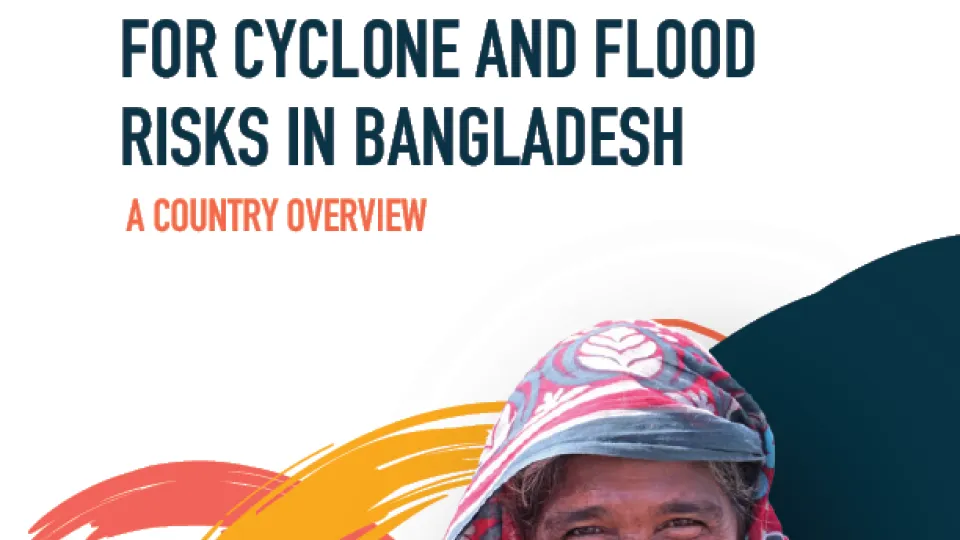
This report, published by Start Network in collaboration with Nirapad, assesses the current status of Bangladesh's early warning systems for floods and tropical cyclones.
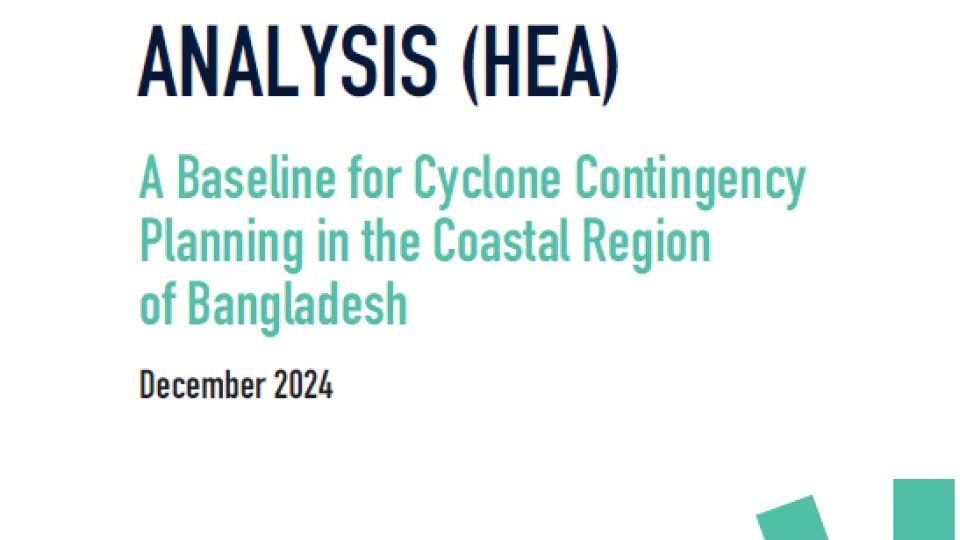
A baseline for cyclone contingency planning in the coastal region of Bangladesh.
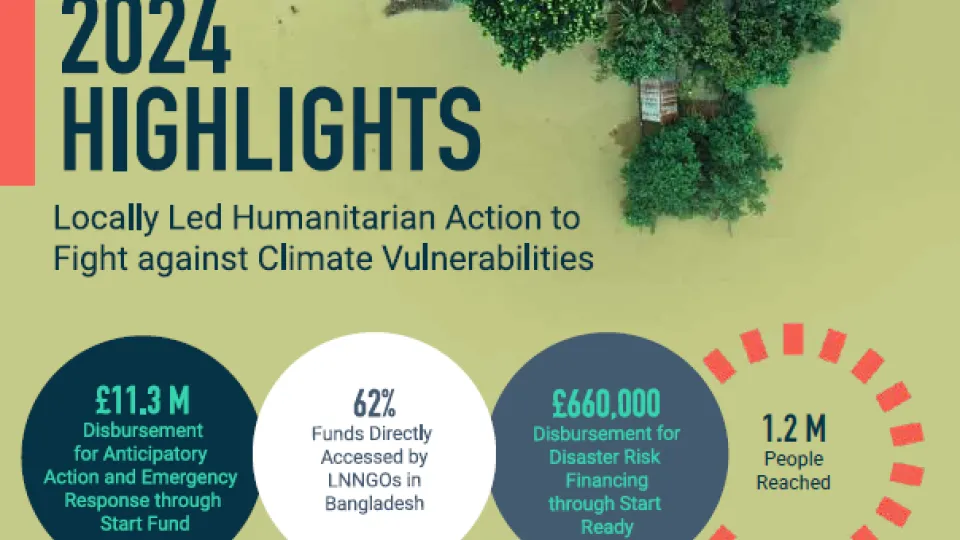
The 2024 Annual Highlights of Start Bangladesh present a snapshot of its humanitarian efforts throughout the year.
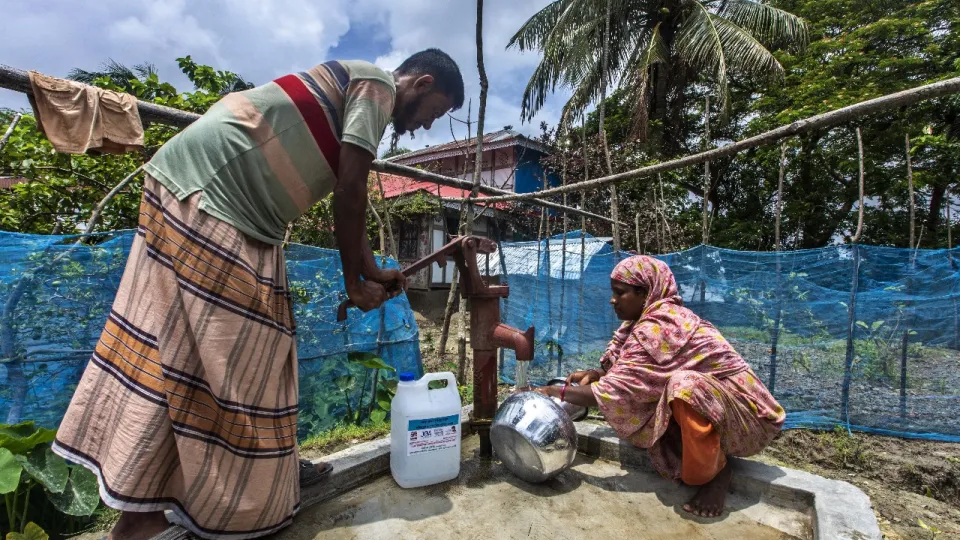
The document discusses the response to Cyclone Remal in Bangladesh, highlighting anticipatory actions and layered funding mechanisms for disaster management.

The FOREWARN Bangladesh Disaster Hackathon 2.0, held in September 2024, ignited energy, creativity, and enthusiasm among young innovators from across Bangladesh.

Start Bangladesh Hub, a collective of local, national, and international NGOs and civil society working together for inclusive humanitarian systems, is currently on an exciting journey of growth.
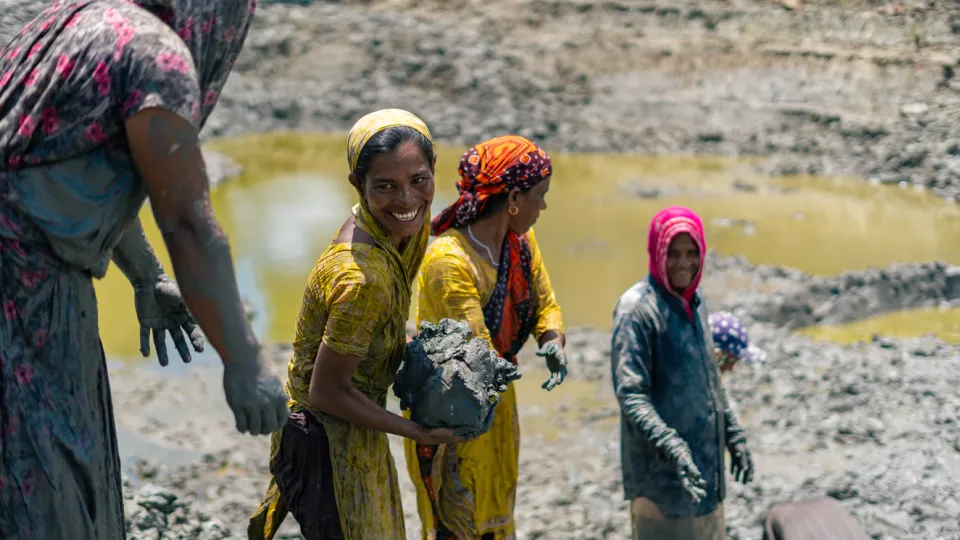
Blog by Danielle Turner and Marwa Tasnim on Cyclone Remal response in Bangladesh where Start Ready, Start Fund Anticipation, and Start Fund Rapid Response were all activated.
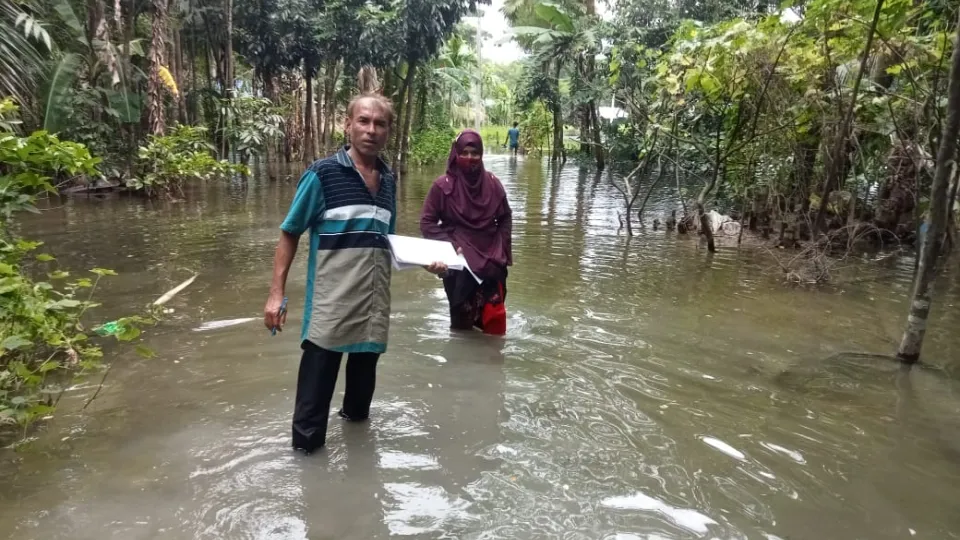
This study highlights the effectiveness of early interventions over reactive disaster relief.
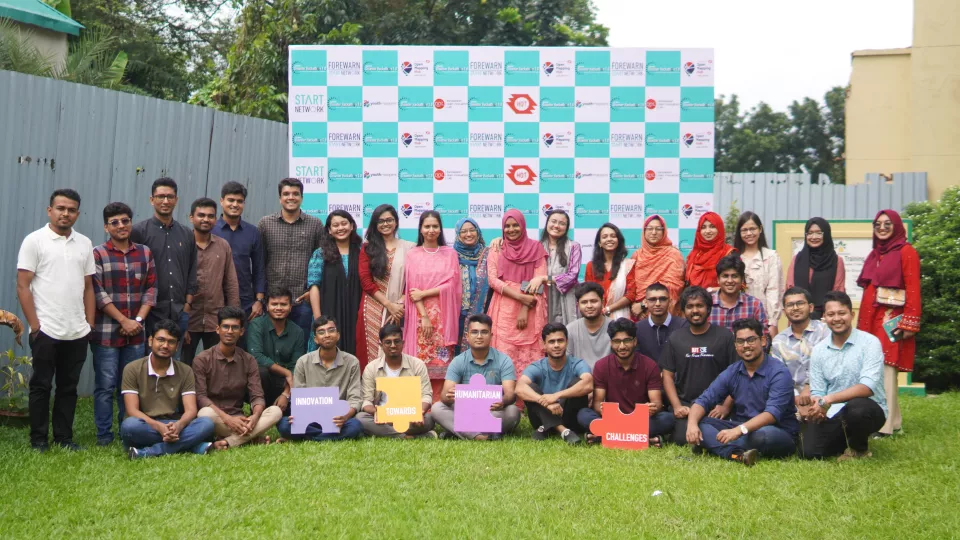
Start Network is delighted to announce that the successful partnership with the Ministry of Foreign Affairs of the Netherlands is due to continue, with just over £12million GBP allocated for the next three and a half years.